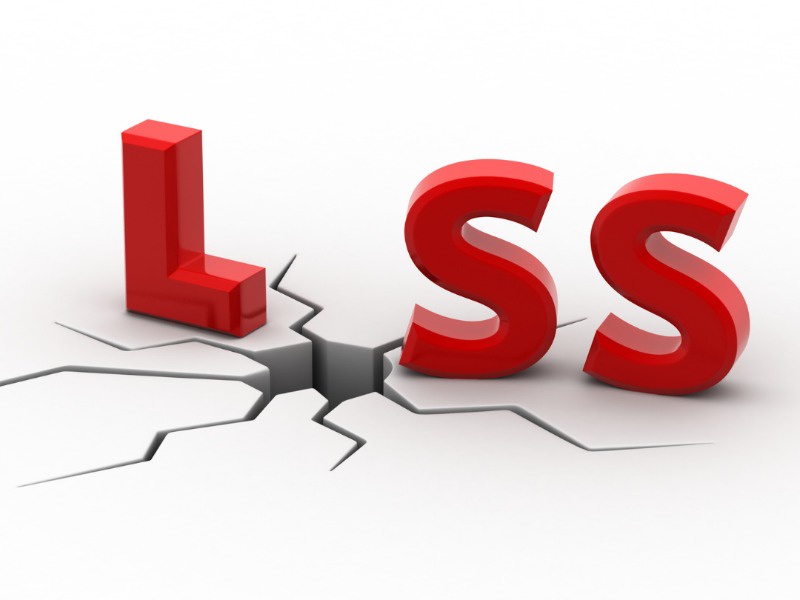Loss is an inherent and inevitable part of the human experience, touching every individual at various points in life. Whether through the death of a loved one, the end of a relationship, or other significant life changes, loss is a universal aspect of the human condition. In this comprehensive exploration, we will delve into the multifaceted nature of loss, its impact on individuals, the grieving process, and effective strategies for coping with the profound challenges it presents.
Defining Loss
1. **Loss as a Universal Experience:**
Loss is a broad term encompassing the experience of being deprived of something valuable or significant. It ranges from the tangible loss of a person or possession to more abstract losses such as dreams, opportunities, or aspects of one's identity.
2. **Types of Loss:**
a. **Death of a Loved One:** The most profound and universally recognized form of loss, involving the passing of someone dear.
b. **End of a Relationship:** The dissolution of a romantic partnership, friendship, or familial connection.
c. **Loss of Health:** Coping with a decline in physical well-being, chronic illness, or disability.
d. **Job Loss or Financial Changes:** Experiencing the end of employment, financial stability, or a sense of purpose tied to one's career.
Impact of Loss
1. **Emotional Impact:**
a. **Grief:** Grief is the emotional response to loss, involving a range of feelings such as sadness, anger, guilt, and despair.
b. **Shock and Disbelief:** Initial reactions often include shock and a sense of disbelief, as individuals grapple with the reality of the loss.
2. **Cognitive Impact:**
a. **Rumination:** Persistent thoughts about the circumstances of the loss and its implications can lead to rumination, impacting cognitive functioning.
b. **Memory Disturbances:** Loss can affect memory, leading to forgetfulness or difficulty concentrating.
3. **Behavioral Impact:**
a. **Withdrawal:** Individuals may withdraw from social activities and isolate themselves as they navigate the emotional aftermath of loss.
b. **Changes in Routine:** Loss often disrupts established routines and patterns, requiring individuals to adapt to new circumstances.
The Grieving Process
1. **Denial and Shock:**
The initial stage involves a sense of denial and shock, as individuals struggle to absorb the reality of the loss.
2. **Anger:**
Anger is a common and natural response to loss. Individuals may direct their anger towards themselves, others, or even the situation itself.
3. **Bargaining:**
In an attempt to make sense of the loss, individuals may engage in bargaining, seeking ways to reverse or mitigate the impact of the loss.
4. **Depression:**
Depression in the context of grief involves a deep sadness and a sense of despair about the loss. It is distinct from clinical depression but is a common and expected part of the grieving process.
5. **Acceptance:**
The final stage does not signify the absence of grief but rather a transformation of the grief experience. Acceptance involves finding a way to live with the reality of the loss and integrate it into one's life.
Coping Strategies for Loss
1. **Expressing Emotions:**
Encouraging the open expression of emotions through talking, writing, or artistic outlets is essential for processing grief.
2. **Seeking Support:**
Building a support network with friends, family, or support groups provides understanding and companionship during the grieving process.
3. **Professional Counseling:**
Grief counseling or therapy offers a safe space for individuals to explore and process their emotions. Mental health professionals provide guidance and coping strategies tailored to individual needs.
4. **Rituals and Commemorations:**
Creating rituals or commemorations can be a meaningful way to honor the memory of what or who was lost.
5. **Self-Care:**
Prioritizing physical and emotional well-being through proper sleep, nutrition, and engaging in activities that bring comfort contributes to overall coping.
6. **Understanding the Uniqueness of Grief:**
Recognizing that grief is a highly individual and non-linear process helps individuals grant themselves the grace and time needed to heal.
Conclusion
Loss, in its various forms, is an integral and challenging aspect of the human experience. By understanding the impact of loss on emotions, thoughts, and behaviors, individuals can navigate the complex journey of grief with greater resilience. Coping strategies, support networks, and self-care practices are essential tools for managing the profound challenges that loss brings. While the pain of loss may never fully disappear, the process of mourning and healing offers an opportunity for personal growth, resilience, and the gradual integration of loss into the fabric of one's life.


No comments yet